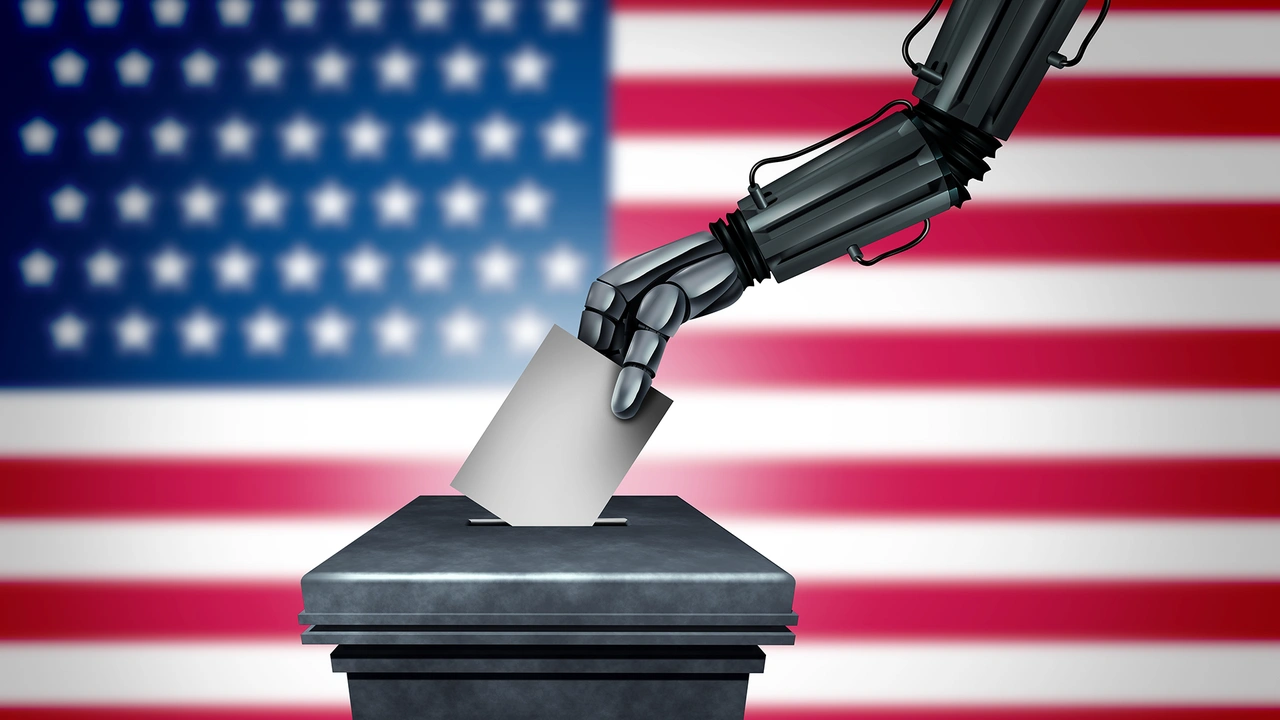The political scene in 2025 is changing in a big way, but not in terms of ideas. AI, which used to be only found in tech laboratories and science fiction, is now a key part of contemporary political campaigns. AI is not just changing how campaigns are done, but it is also changing what they are. AI is changing the way politicians and the public interact, much as TV changed the Kennedy-Nixon debates in 1960.
Personalization at Unprecedented Scale
AI’s ability to personalize is one of the most important ways technology has changed political campaigns. Traditional campaigning used a wide range of factors, such as age, wealth, and geography. AI algorithms can now divide voters into small groups based on detailed behavioural data, such as what they read, watch, click, and purchase. After that, these insights are leveraged to make communications more personal.
Campaigns increasingly use chatbots that talk to voters in real time, change their replies depending on how people feel, and present policy ideas that are likely to connect. AI capabilities like natural language processing may even change the tone of communications. For example, they can make them more informal for a 22-year-old student and more formal for a 70-year-old retiree. It wasn’t possible to personalize things this much with only people. Now, it’s a standard expectation.
Voter Targeting and Predictive Analytics
Polling was more of an art than a science in the past. Pollsters would contact a small number of voters and use that information to generalize about larger groups. But AI can already predict voter participation, mood, and leanings with amazing precision since it has access to huge amounts of data from social media, internet behaviour, and past voting habits.
These technologies that foresee the future help campaigns use their resources more effectively. Why spend money on TV ads or bulk mailings when AI can find 5,000 swing district voters who can be swayed and send them individualized content? Predictive analytics has changed marketing from throwing broad nets to making precise strikes.
Deepfakes and Moral Questions
AI has a lot of good things about it, but it also poses a lot of moral issues, the most important of which being the emergence of deepfakes. It’s already making waves that AI can make films and audio recordings that look and sound like genuine ones. In 2024, fake tapes of politicians supposedly making provocative comments hurt several state contests. Some were swiftly proven false, while others did harm that can’t be rectified.
Because of the risk of spreading false information on a large scale, some are calling for stricter rules. But the issue is always whether the law can keep up with new ideas. Campaigns must now find a way to employ AI technologies aggressively while still being open and honest, or they risk hurting the democratic processes they are trying to win.
The Voter Experience Is Changing
AI is altering not just how politicians run for office, but also how voters engage with politics. Increasingly, AI-powered recommendation engines are becoming a component of the political information ecosystem. Algorithms that are designed to get people to interact with content, not necessarily to make it accurate or fair, curate social media feeds, search engine results, and even smart speaker replies.
Many experts term this feedback loop algorithmic echo chambers, because voters are always shown material that backs up what they already believe. AI’s effects have grown dramatically, even though they are not new. Some people may think they know more than ever, but they are less likely to hear other points of view.
A Great Thing for Grassroots Movements
It’s funny that the same technologies that help big, well-funded campaigns are also helping smaller, grassroots initiatives. Activists can make professional-quality content without a marketing crew thanks to AI-powered design tools. Automated translation and transcribing software make it easier to communicate with people who speak different languages and reach more people. Sentiment analysis techniques let constituents provide timely input, which lets strategies change quickly.
In 2025, a local politician with little money but a lot of digital knowledge may compete in ways that were formerly inconceivable. This making campaign tools available to everyone gives us a little optimism in a time when big money and media companies control everything.
Rules and Accountability
Regulation is not just necessary, but also necessary because of the capacity of AI to change campaigns. The Federal Election Commission (FEC) is already looking at rules for using AI in political ads and messages in the US and other countries. Being open, like putting labels on AI-generated material, is being pushed as a baseline requirement.
But there is a bigger concern than just rules. What part do ethics play in political AI? A campaign shouldn’t be able to change people’s minds with facts just because it can. It shouldn’t be necessary to lie, break trust, or stop public debate to win an election.
AI is no longer on the fringes of politics. It is in the middle of it all. Campaigns that don’t accept it risk becoming irrelevant. But those who use it carelessly put the fundamental underpinnings of democracy at risk. Like any strong instrument, AI’s effects rely on who uses it and why.
The campaign season for 2025 is just getting started. Tools will probably become more advanced, integrations will get deeper, and new ethical issues will come up in future elections. The issue isn’t whether AI will transform politics; it already has. The issue is whether we are ready to face its problems with the care and responsibility that our democracy needs.







